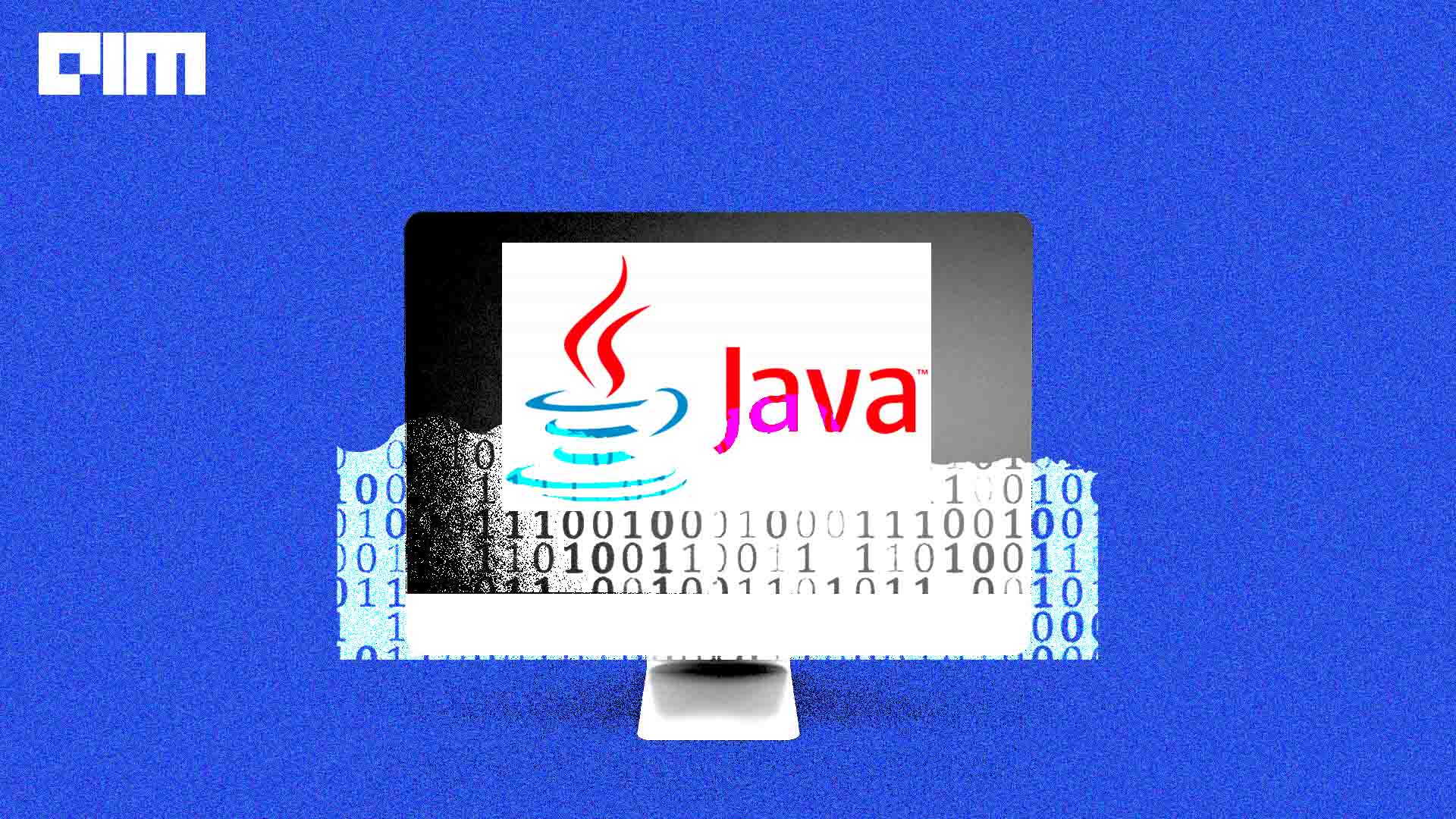Java is one of the earliest open-source languages, increasingly used in the domains of AI and machine learning. The Java Machine Learning Library (JavaML), has an array of machine learning algorithms coded in Java.
The language’s role in artificial intelligence involves leveraging a comprehensive set of libraries within Java programming. This aids in Java AI programming and proves advantageous for data scientists. Within the AI domain, Java finds application in machine learning, neural networks, search algorithms, and genetic programming.
Here, we have included six Java libraries that will help developers in their AI projects.
Apache Jena
Apache Jena is a framework for Java developers who work with the Semantic Web. It helps them pull information from and write it to special graphs called RDF graphs. These graphs are organised collections of data. Users can fill these graphs with information from files, databases, web addresses, or a mix of these sources. And if users want to ask questions or do searches on this data, Jena allows that using a language called SPARQL.
Comparing it to another similar tool called RDF4J, Jena is a bit more versatile because it also supports OWL, which is another way to structure data on the web. It even has some built-in tools to help figure things out based on the data you have, which can be really handy.
Lastly, Jena lets you convert these special graphs into different formats, like saving them in a database, a specific file type, or even a special way that’s easy to use with Java.
Power Loom
PowerLoom is a knowledge representation and reasoning system, distinct from traditional machine learning. It’s designed for artificial intelligence (AI) and uses logical rules to represent and reason about complex knowledge. In contrast, machine learning involves training models on data to make predictions or take actions. While not directly related to machine learning, PowerLoom can integrate with AI systems, potentially benefiting from patterns learned by machine learning models for more informed reasoning and decision-making.
Deeplearning4j
Deeplearning4j is a popular distributed deep learning framework designed for Java and Scala, offering an efficient solution for building and deploying deep learning models on the JVM. Recent advancements like SameDiff, an automatic differentiation framework, ONNX model support, performance optimizations, and the inclusion of new features for recurrent and convolutional neural networks, along with natural language processing, have further strengthened its capabilities. It stands as a versatile choice for developers looking to create scalable and reliable deep learning applications, spanning various domains including image classification, language processing, machine translation, and recommendation systems.
Deeplearning4j’s recent developments underscore its commitment to staying at the forefront of deep learning technologies. By focusing on efficiency, compatibility, and performance, it continues to be a go-to choice for developers seeking to leverage the power of deep learning within Java and Scala environments, empowering the creation of robust and impactful AI applications.
Apache OpenNLP
Apache OpenNLP is an open-source Java library specialising in natural language processing (NLP) tasks. It excels at breaking down text into meaningful components, such as tokens, sentences, and identifying parts of speech. Additionally, it can recognize named entities, syntactic chunks, and even resolve coreference. Major tech players like Google, Amazon, Twitter, and Facebook leverage OpenNLP to enhance their services. For instance, it helps Google grasp the intent behind search queries, enables Amazon to recommend products based on past purchases, aids Twitter in identifying spam, and assists Facebook in understanding user posts for personalised news feeds.
Its open-source nature, user-friendliness, and comprehensive NLP capabilities make Apache OpenNLP a popular choice for diverse organisations and research in the field of language processing. Apache OpenNLP, a robust Java library, stands as a key player in the realm of natural language processing (NLP).
RapidMiner
RapidMiner is a user-friendly platform that simplifies data analysis and machine learning. Users can create machine learning models and work with data without needing to write complex code – it’s all about dragging and dropping elements to build workflows.
Started in 2001 by students from the University of Dortmund, RapidMiner has become a go-to tool for big companies, government agencies, universities, and more. It finds applications across various sectors, aiding tasks such as data cleaning, model creation, performance evaluation, and visual reporting. With its easy usability, powerful features, and cost-effectiveness, RapidMiner is a popular choice for data science tasks across different-sized organisations and industries.
The primary application, RapidMiner Studio, is built using Java, enabling the creation, editing, and extension of RapidMiner workflows using Java code. Moreover, RapidMiner offers a Java API, allowing developers to integrate RapidMiner’s data science and machine learning capabilities seamlessly within Java applications. This versatility makes RapidMiner a valuable tool for Java developers aiming to construct and deploy data science and machine learning solutions.
Jenetics
Jenetics, a Java-based library, specialises in genetic algorithms, streamlining their implementation. Offering essential tools and adaptability, it caters to a wide range of problem-solving needs, from optimization challenges to machine learning tasks and even creative content generation.
Applied in various fields, Jenetics aids in innovative machine learning algorithms, product design optimisation, and creative content creation such as music and artwork. Its allure lies in its versatility, user-friendliness, open-source nature, and strong community support. For those seeking a potent Java library for genetic algorithms, Jenetics emerges as an excellent choice, providing a powerful and adaptable toolset with ample support from a vibrant user community.
The post 6 Java Libraries for Machine Learning appeared first on Analytics India Magazine.



![[CITYPNG.COM]White Google Play PlayStore Logo – 1500×1500](https://startupnews.fyi/wp-content/uploads/2025/08/CITYPNG.COMWhite-Google-Play-PlayStore-Logo-1500x1500-1-630x630.png)